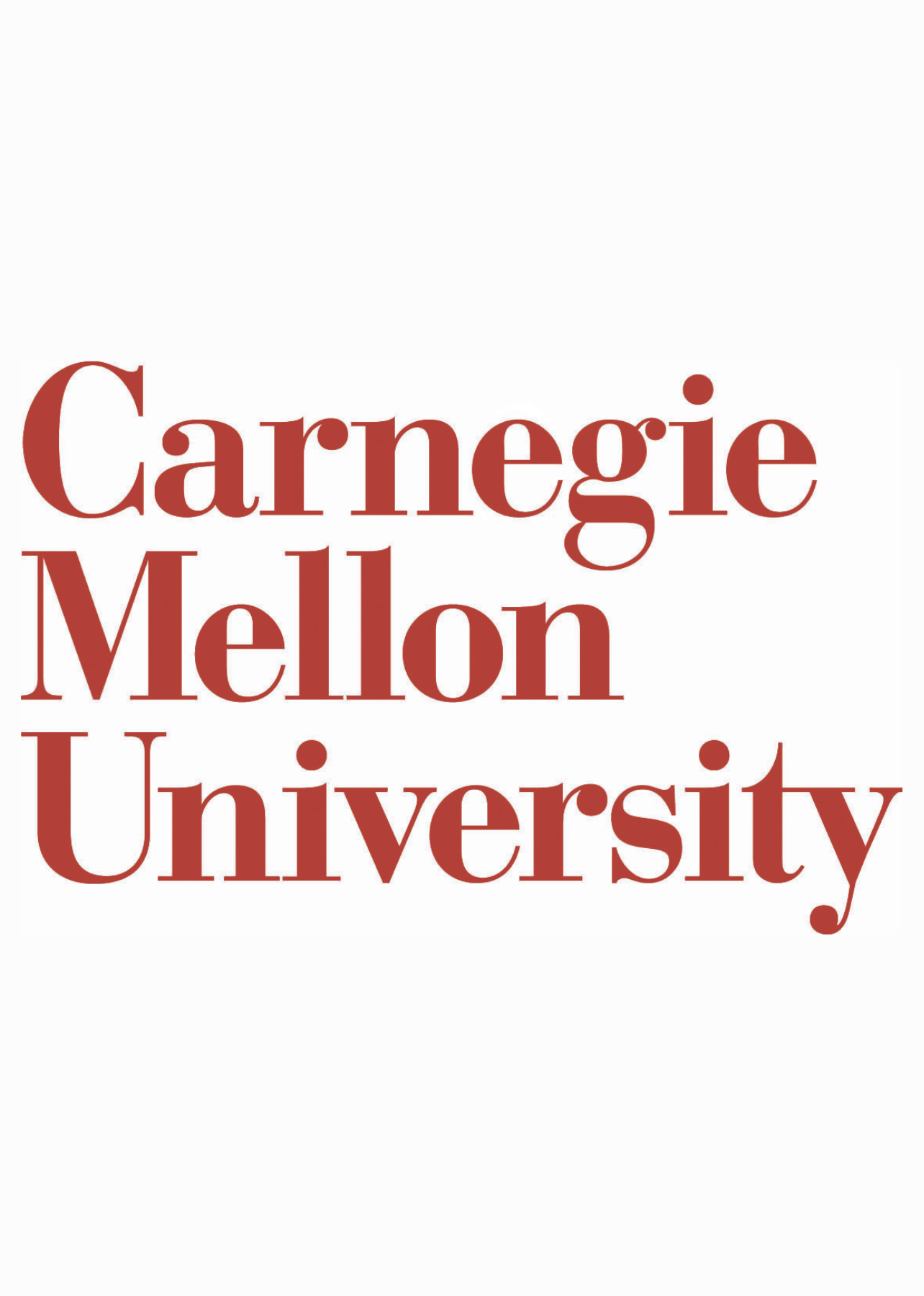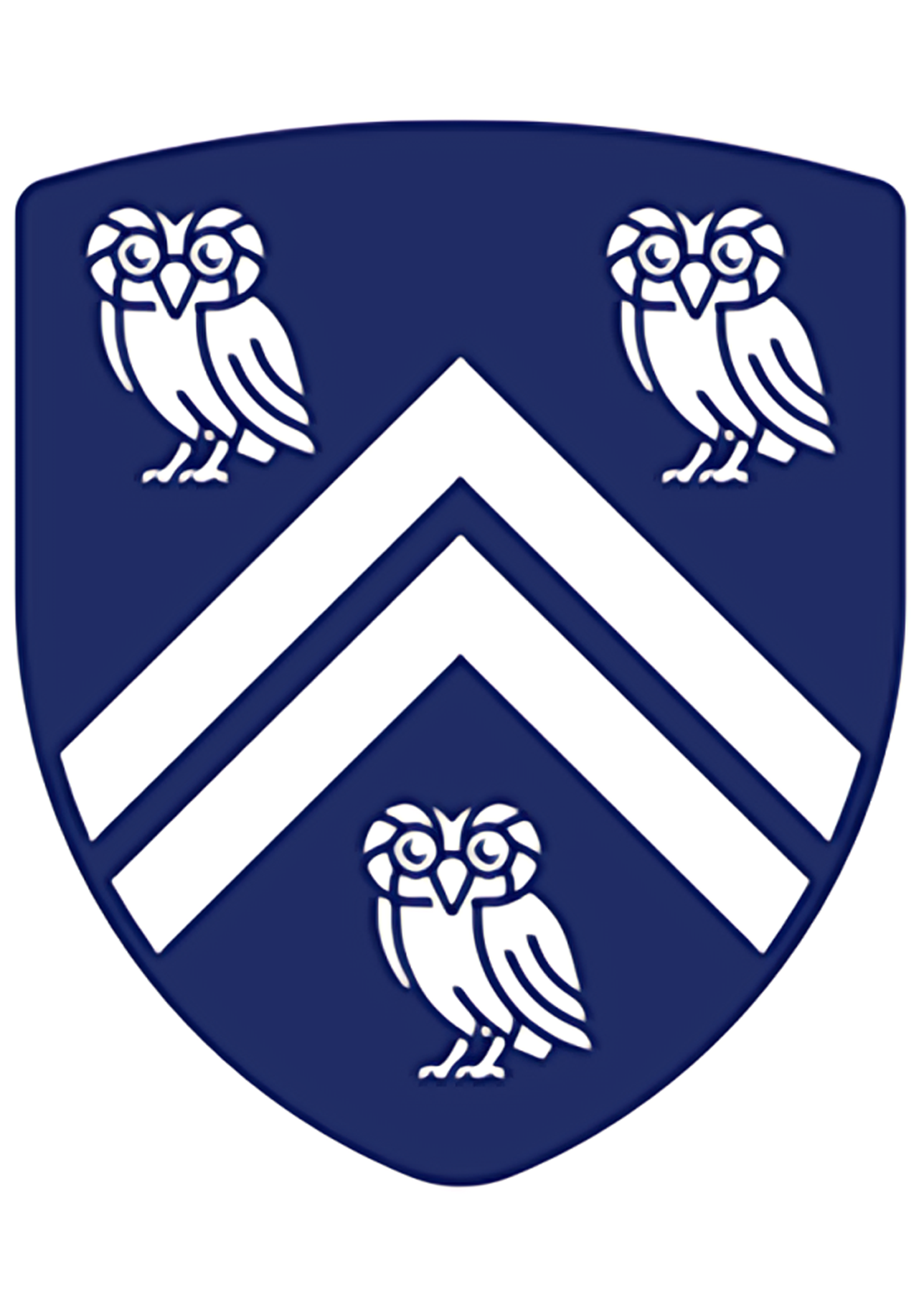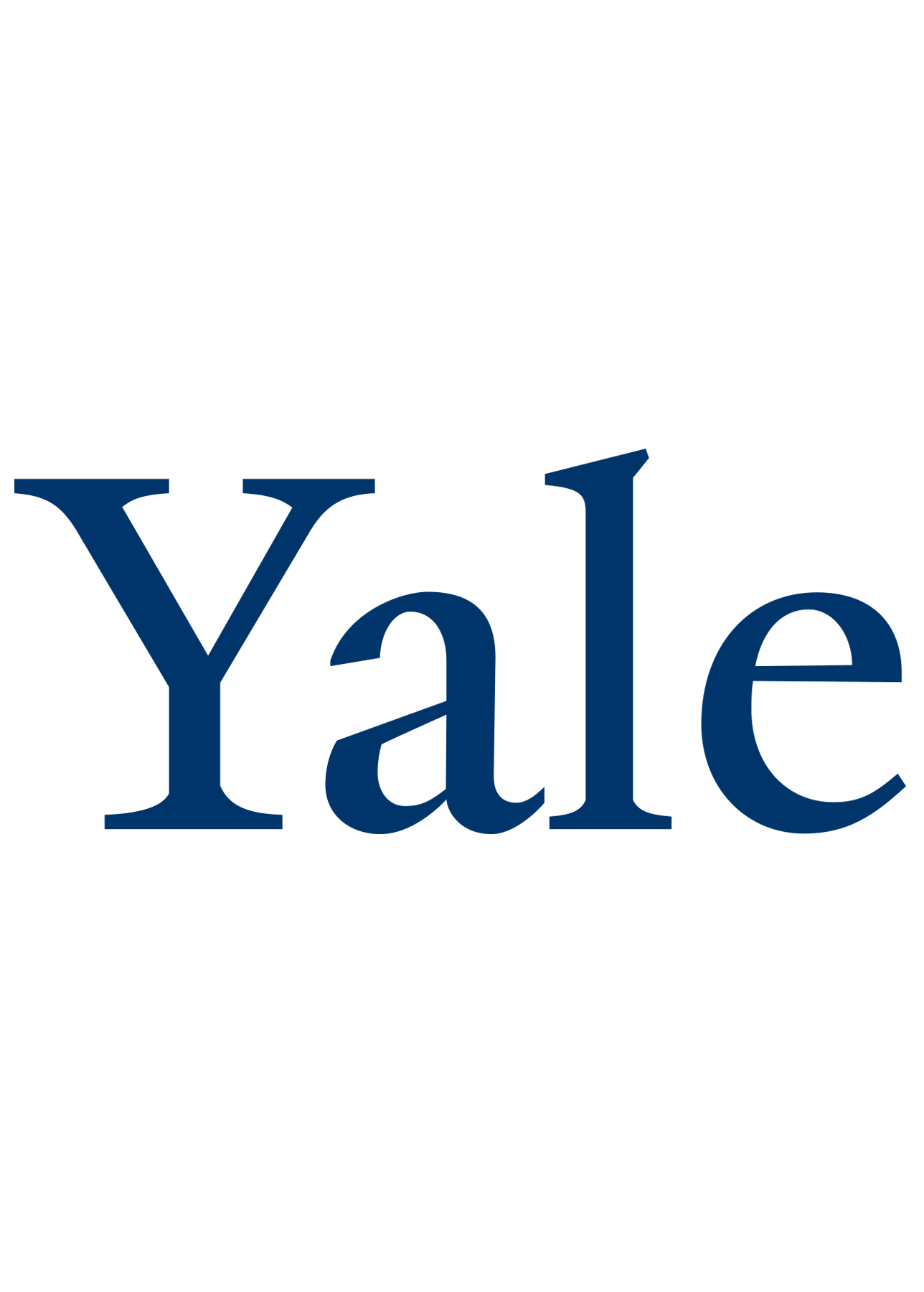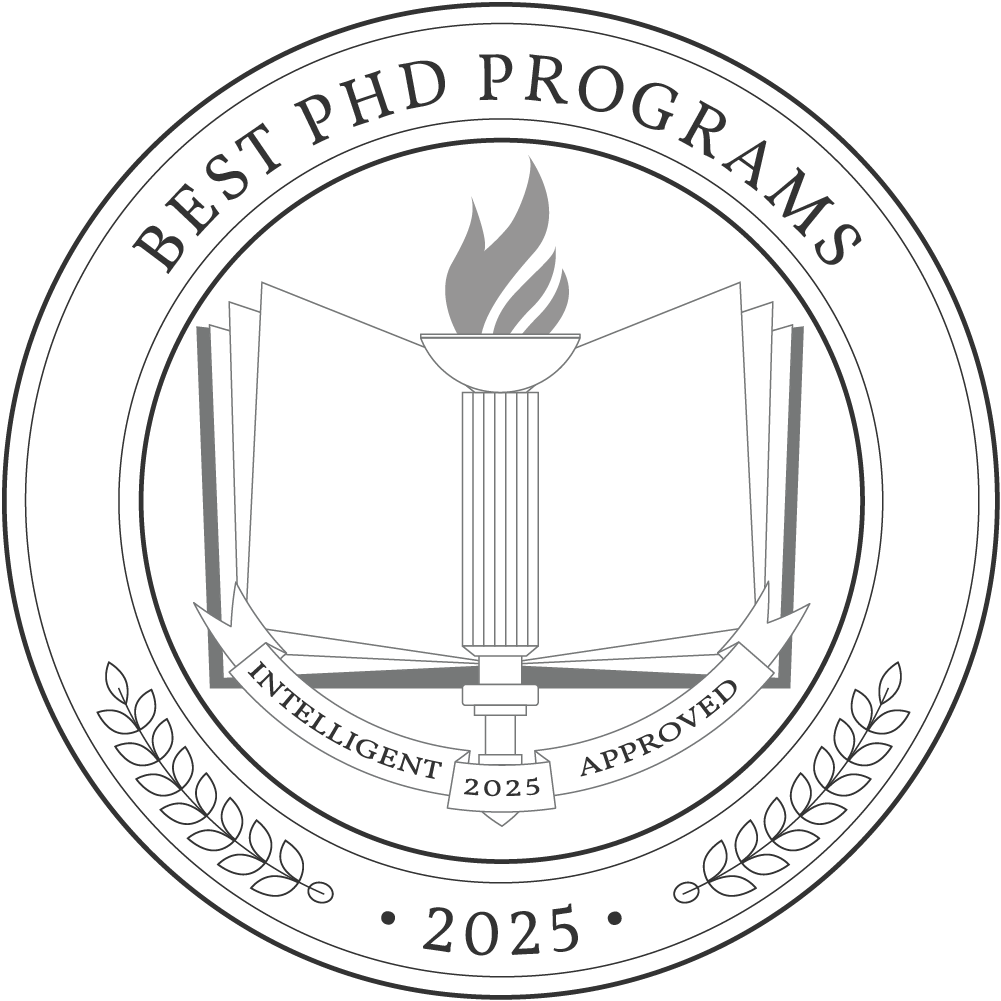Earning a PhD offers numerous benefits, from the opportunity to conduct in-depth research in a field you’re passionate about to becoming a recognized expert. The added flexibility of online learning makes this educational endeavor more possible for many individuals – creating opportunities to level up your education and career from anywhere in the world. With a PhD, you’ll also be eligible for leadership roles in academia, industry, and research, often leading to higher earning potential. Graduates earn a median weekly income of $2,206, compared to $1,493 for those with only a bachelor’s degree.
While these programs typically take about five years to complete, the investment in your education can pay off significantly. With an average graduate tuition of $19,749, choosing the right program is important to maximize your future success. Here, we’ve compiled a list of the best PhD programs to help guide your decision.
Why Trust Us
The Intelligent.com Higher Education Team is dedicated to providing students with independent, equitable school and program rankings and well-researched resources. Our expert-driven articles cover topics related to online colleges and programs, paying for school, and career outlooks. We use data from the U.S. Department of Education’s College Scorecard, the National Center for Education Statistics, and other reputable educational and professional organizations. Our academic advisory team reviews content and verifies accuracy throughout the year for the most current information. Partnerships do not influence rankings or editorial decisions.
- Analyzed over 2,000 national, accredited, and nonprofit colleges and universities
- 800+ rankings pages are reviewed and updated yearly
- Content is informed by reputable sources, surveys, and interviews with academic advisors and other experts
- Over 100 data points are reviewed for accuracy and quality throughout the year, including sources
How we rank schools
Our list features the best PHD degree programs at top colleges nationwide. Each school featured is a nonprofit, accredited institution — either public or private — with a high standard of academic quality for post-secondary institutions.
We evaluated each school’s program on tuition costs, admission, retention and graduation rates, faculty, reputation, and the student resources provided for online students. We collected data from trusted sources like the National Center for Education Statistics, individual school and program websites, school admissions counselors, and other data sources. Then, we calculated the Intelligent Score on a scale of 0 to 100 based on the following criterion:
Academic Quality:
- Admission rate versus enrollment rate
- Retention rate of students who return after year one
- Accreditation status (regional and programmatic)
- Nonprofit status, both private and public institutions
Graduation Rate
- Overall graduation rate
- Total number of currently enrolled students, including diversity metrics
- Student-to-faculty ratio
Cost and ROI
- In-state and out-of-state per-credit tuition rates and fees
- Required credits to graduate
- Earning potential after graduation
- Availability of federal student loans, scholarships, and other financial aid options
Student Resources
- Available student services for online-only and hybrid programs
- On-campus amenities like tutoring centers and the number of libraries
Read more about our ranking methodology.
The Top 49 PhD Programs
FiltersInstitution Type
Status
- Intelligent Score
- Alphabetically By University Name
- Acceptance Rate
- Enrollment
- In-state Graduate Tuition
- Out-of-state Graduate Tuition
- In-state Undergraduate Tuition
- Out-of-state Undergraduate Tuition

Massachusetts Institute of Technology
Intelligent Score: 99.86In-state: $53,450
Out-of-state: $53,450
In-state: $53,450
Out-of-state: $53,450
SAT: 1510-1580
ACT: 34-36
The Massachusetts Institute of Technology (MIT) is an excellent option for STEM students with its world-class faculty and research facilities. This school's most notable doctorate program is its Ph.D. in Nuclear Science and Engineering degree path, as MIT offers one of the country's most powerful university-owned nuclear reactors. MIT also provides Ph.D. programs for aeronautics, biological engineering, cognitive sciences, planetary sciences, and statistics.
Resident: $960
Non-Resident: $1,550
On-Campus
New England Commission of Higher Education
72-81

University of Pennsylvania
Intelligent Score: 99.83In-state: $53,166
Out-of-state: $53,166
In-state: $37,678
Out-of-state: $37,678
SAT: 1460-1570
ACT: 33-35
The University of Pennsylvania is an Ivy League school that Benjamin Franklin founded in 1740. They are best known for its Wharton School of Business, which offers Ph.D. programs for accounting, finance, marketing, statistics, applied economics, and several other majors. Wharton's reputation, relationships with corporate recruiters, and vast alum network will help you quickly find a good job after graduating.
$899
On-Campus
Middle States Commission on Higher Education
60

Stanford University
Intelligent Score: 97.71In-state: $55,473
Out-of-state: $55,473
In-state: $54,315
Out-of-state: $54,315
SAT: 1420-1570
ACT: 31-35
Anyone who wants to earn a Ph.D. in Computer Science should consider attending Stanford University. Their facilities, founded in 1962, include the Stanford Artificial Intelligence Laboratory. This research center has studied AI applications for robotics, machine learning, natural language processing, and many other areas for over 50 years. This school is also home to the Stanford Theory Group, which studies topics such as cryptography and algorithmic game theory. Stanford has a student-faculty ratio of just 5:1, ensuring you'll get all the assistance you need to fully understand course materials and prepare yourself for a successful career.
$1,324 - $1,410
On-Campus
Western Association of Schools and Colleges Senior College and University Commission
90

Harvard University
Intelligent Score: 97.11In-state: $49,653
Out-of-state: $49,653
In-state: $49,448
Out-of-state: $49,448
SAT: 1460-1580
ACT: 33-35
$1,988
On-Campus
New England Commission of Higher Education
64

Princeton University
Intelligent Score: 95.46In-state: $48,502
Out-of-state: $48,502
In-state: $53,890
Out-of-state: $53,890
SAT: 1450-1570
ACT: 32-35
Princeton University offers a strong selection of doctorate programs for foreign languages - you can earn a Ph.D. in German, French, and Italian or Spanish and Portuguese at this school. And if you would like to pursue another subject instead, there's a good chance that Princeton offers a Ph.D. program. This Ivy League institution offers Ph.D. degree paths with common majors such as English, history, psychology, and economics, as well as more niche options like plasma physics and music composition. Overall, there are more than 40 Ph.D. degree programs available at Princeton.
$2,059
On-Campus
Middle States Commission on Higher Education
60

Carnegie Mellon University
Intelligent Score: 94.9In-state: $57,560
Out-of-state: $57,560
In-state: $46,441
Out-of-state: $46,441
SAT: 1460-1560
ACT: 33-35
$716 - $1,562
On-Campus
Middle States Commission on Higher Education
72-96

Northwestern University
Intelligent Score: 94.67In-state: $58,227
Out-of-state: $58,227
In-state: $56,067
Out-of-state: $56,067
SAT: 1430-1550
ACT: 33-35
$1,557
On-Campus
Higher Learning Commission
60-72

University of Chicago
Intelligent Score: 94.58In-state: $57,642
Out-of-state: $57,642
In-state: $60,300
Out-of-state: $60,300
SAT: 1500-1570
ACT: 34-35
The University of Chicago offers Ph.D. programs in many fields, including biological sciences, social sciences, business, social work, and public policy. If living in a big city is important to you, then the University of Chicago should be one of the first options you consider. Their main campus is located in Chicago's Hyde Park, a bustling neighborhood that's packed with hip restaurants and shops.
$2,105 - $2,806
On-Campus
Higher Learning Commission
72-90

Rice University
Intelligent Score: 94.13In-state: $50,310
Out-of-state: $50,310
In-state: $47,306
Out-of-state: $47,306
SAT: 1460-1570
ACT: 34-36
$3,178
On-Campus
Southern Association of Colleges and Schools Commission on Colleges
90

University of Southern California
Intelligent Score: 93.52In-state: $59,260
Out-of-state: $59,260
In-state: $47,880
Out-of-state: $47,880
SAT: 1340-1530
ACT: 30-34
$2,201 - $2,354
On-Campus
Western Association of Schools and Colleges Senior College and University Commission
60

University of California, Berkeley
Intelligent Score: 93.04In-state: $11,442
Out-of-state: $41,196
In-state: $11,442
Out-of-state: $11,442
SAT: 1310-1530
ACT: 30-35
$532
On-Campus
Western Association of Schools and Colleges Senior College and University Commission
96

Vanderbilt University
Intelligent Score: 92.96In-state: $52,781
Out-of-state: $52,781
In-state: $50,082
Out-of-state: $50,082
SAT: 1470-1570
ACT: 33-35
$2,349
On-Campus
Southern Association of Colleges and Schools Commission on Colleges
72

Georgetown University
Intelligent Score: 92.55In-state: $57,384
Out-of-state: $57,384
In-state: $53,136
Out-of-state: $53,136
SAT: 1380-1550
ACT: 31-35
$2,550
On-Campus
Middle States Commission on Higher Education
45-48

Yale University
Intelligent Score: 90.93In-state: $57,700
Out-of-state: $57,700
In-state: $44,500
Out-of-state: $44,500
SAT: 1460-1580
ACT: 33-35
$2,062
On-Campus
New England Commission of Higher Education
45

Teachers College, Columbia University
Intelligent Score: 90.72In-state: $57,864
Out-of-state: $57,864
In-state: $49,024
Out-of-state: $49,024
SAT: 1460-1570
ACT: 33-35
$2,049
On-Campus
Middle States Commission on Higher Education
75

Duke University
Intelligent Score: 90.71In-state: $55,880
Out-of-state: $55,880
In-state: $57,900
Out-of-state: $57,900
SAT: 1470-1570
ACT: 34-35
$2,170
On-Campus
Southern Association of Colleges and Schools Commission on Colleges
45-52

Columbia University in the City of New York
Intelligent Score: 88.67In-state: $57,864
Out-of-state: $57,864
In-state: $49,024
Out-of-state: $49,024
SAT: 1460-1570
ACT: 33-35
$1,379
On-Campus
Middle States Commission on Higher Education
45-51

Bentley University
Intelligent Score: 88.36In-state: $53,790
Out-of-state: $53,790
In-state: $40,992
Out-of-state: $40,992
SAT: 1180-1360
ACT: 26-31
$2,217
On-Campus, Online
New England Commission of Higher Education
42-69
How to Choose a PhD Program
Choose your area of study
For most PhD students, their area of study aligns with their previous undergraduate or graduate coursework, allowing them to explore their field in greater depth or focus on a specific research area. To narrow your scope, consider asking yourself:
- What topics have I enjoyed the most in my previous studies?
- What gaps in research am I passionate about exploring?
- How do my skills align with my research interests?
- What problems in my field do I want to solve?
Choosing a topic you’re passionate about is crucial, as this level of higher education requires significant dedication. Your enthusiasm for your research will help sustain that level of motivation, leading to greater success throughout your program.
Research schools and programs
With your area of study in mind, you can research schools and programs to find the best fit for your academic and career goals. Use these questions to guide your research:
- Does the program have faculty with experience in my research area?
- What are the program’s funding options, like assistantships or fellowships?
- How long does it take students to complete the program?
- What are the career outcomes for graduates?
- What support services are available for online learners?
You can find this information by exploring program websites, attending virtual or in-person open houses, and speaking with admissions counselors or current students.
Prepare for tests and applications
Once you’ve shortlisted potential programs, create a timeline that aligns with each program’s deadlines. Begin by requesting transcripts and letters of recommendation early, as these can take time to process. Draft your personal statement well in advance to allow for multiple revisions, and tailor it to each program – highlighting your research interests and fit with their faculty.
If the program requires GRE scores, consider enrolling in a test prep course to ensure you’re well-prepared. Test requirements can vary, so be sure to double-check each program’s requirements to avoid any surprises.
Select your program
When acceptance letters arrive, you may have a big decision to make. Revisit your initial research criteria and prioritize what matters most to you – research opportunities, the faculty you’ll learn from program reputation, or career outcomes. Also, consider the program’s culture and location – can you see yourself thriving there?
Take time to reassess the total cost of attendance, factoring in tuition, fees, living expenses, and any other additional costs. Compare this with any financial aid offers, such as scholarships, assistantships, or fellowships, to determine the best value.
Evaluating all factors will help you make an informed decision and choose the program that best aligns with your academic and personal goals.
Determine how you’ll pay for your degree
To determine how you’ll pay for this degree, focus on programs that offer financial aid opportunities like scholarships, assistantships, and fellowships – these don’t need to be repaid and can help you avoid significant debt. Fully funded programs, which cover tuition and provide a stipend, are ideal but highly competitive.
If you cannot secure full funding, federal loans can help bridge financial gaps, as they typically offer better terms and repayment options than private loans.
What Can You Expect From a PhD Program
A PhD program offers in-depth study in various fields, including sciences, humanities, social sciences, and engineering. As a prospective student, you can expect to engage in original research, critical analysis, and advanced theoretical learning.
A key component of most PhD programs is completing a dissertation — a significant research project demonstrating your expertise and ability to contribute new knowledge to your field. This is valuable as it hones your research, problem-solving, and communication skills.
Earning a PhD can provide opportunities like leadership roles, high-level and advanced positions in industry, and academic careers as a professor or researcher. It also positions you as an expert in your field, potentially giving you the empowerment to shape future innovations and ideas.
Potential courses you’ll take in a PhD program
- Advanced Cell and Molecular Biology: This course covers the intricate workings of cells, including gene expression, cell signaling, and molecular interactions. Science students will explore cutting-edge research techniques in molecular biology and gain a significant understanding of cellular processes critical to development, disease, and biotechnology.
- Romanticism and Its Influence: In this course, literature students will study the major works, themes, and historical context of the Romantic literary movement. They’ll explore how Romanticism shaped modern thought on nature, emotion, and individualism and critically analyze key authors like Wordsworth, Shelley, and Byron.
- Clinical Social Work Practice: This class focuses on high-level social work methods, including assessment, intervention, and therapy in clinical settings. Future social workers will learn to address social, emotional, and behavioral issues while working with different populations.
- Engineering Project Management: Here, students will explore techniques and tools for managing engineering projects, including risk assessment, resource allocation, and quality control. Lessons emphasize leadership skills and effective communication needed to successfully guide teams and complete projects.
PhD Degree Frequently Asked Questions
How do I apply to a PhD degree program?
Application requirements for these programs will vary by field and institution, but they generally involve the following components:
- Bachelor’s or Master’s degree in a related field
- Transcripts from previous institutions
- Statement of purpose outlining research interests
- Letters of recommendation
- Resume or CV
- Writing samples or portfolio, if applicable
It’s highly recommended that you speak with an admissions counselor before applying to ensure you meet all requirements and gain insights on submitting a successful application.
How much does a PhD degree cost?
For the 2020-2021 academic year, the average graduate tuition was $19,749, but this figure can fluctuate depending on the institution, field of study, and whether you’re attending in-state or out-of-state.
Beyond tuition, you should be prepared for additional costs like technology fees, books, and research materials. Many programs offer financial aid in the form of fellowships or assistantships, which can help offset these costs.
How long does it take to earn a PhD degree?
Earning a PhD takes about five years, with the first two focused on coursework and the remaining three dedicated to completing a dissertation. However, this timeline can vary depending on your field of study and program structure. Students pursuing part-time or working while earning their degree may take longer to complete the program — usually up to seven years.
It’s essential to double-check total credit requirements and timelines for your specific program, as they can differ by institution and impact how long it takes to graduate.

